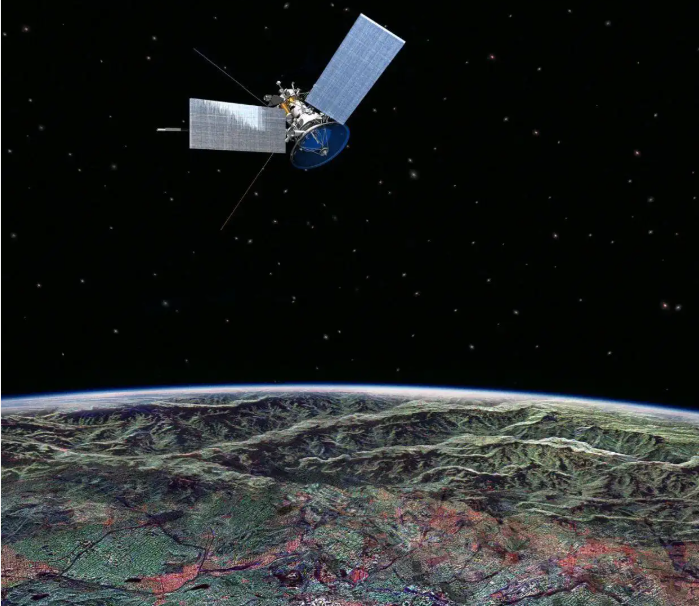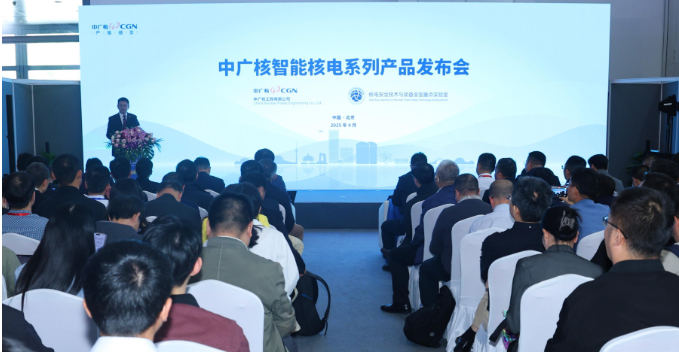A research team has successfully detected the laser echo signal from the single - corner - cube reflector of China's distant retrograde orbit satellite (DRO - A) using the laser ranging system of the 1.2 - meter telescope at the Yunnan Observatory. The distance between the satellite and the Earth is approximately 350,000 kilometers, with an error thousands of times finer than a human hair! This breakthrough technology provides crucial support for orbit determination in deep - space exploration and can be applied to ranging of satellites, space debris, and other targets in the future.

At the 16th China International Nuclear Power Industry Exhibition, China's first nuclear power industrial operating system, CGN's "Smart Nuclear Power", was officially released, which is of great significance for the intelligent transformation and upgrading of China's nuclear power industry.
"Smart Nuclear Power" is a nuclear power industrial operating system with independent intellectual property rights developed by CGN. It integrates and applies current advanced technologies such as artificial intelligence, big data, the Internet of Things, and cloud computing. It is a technical system for the intelligent upgrading of nuclear power plant entities (units, systems, equipment, etc.), enabling intelligent control and monitoring at the unit level.

At the science popularization exhibition activity of the "China Space Day" in 2025, China's new - generation space "courier", the Qingzhou cargo spaceship, made its debut. Its prototype test spaceship is scheduled for its maiden flight this year, and the first production - model spaceship is planned to be ready for delivery next year, which can perform the cargo transportation mission for the space station.

The National Key Laboratory of Cryogenics at the Institute of Physics and Chemistry, Chinese Academy of Sciences, made the world - first debut of a ten - kilowatt - class helium refrigerator.
The ten - kilowatt - class helium refrigerator is an ultra - large - scale cryogenic refrigerator with a refrigeration capacity of over 10,000 watts at liquid helium temperature. It is a key core equipment for the frontier research of large - scale scientific installations such as accelerators and controlled nuclear fusion. Three helium refrigerators of this scale are used in the International Thermonuclear Experimental Reactor (ITER), the world's largest "artificial sun".

The construction of Tsinghua University's AI hospital will be carried out in phases. In the initial stage, based on the university's comprehensive AI layout and the intersection of multiple medical and engineering disciplines, an AI hospital system will be constructed. It will be put into trial operation relying on Tsinghua Chang Gung Hospital and Tsinghua Chang Gung Internet Hospital, with general practice and specialties such as ophthalmology, radiodiagnosis, and respiratory medicine serving as pilots. In the long term, there are plans to operate the AI hospital in a physical form, promoting a subversive transformation of the medical model.
In the future, Tsinghua University's AI hospital will build an "AI + medical care + education + research" ecological closed - loop, promoting the efficient expansion and balanced distribution of high - quality medical resources, enabling more people to enjoy affordable and sustainable high - quality medical services.
